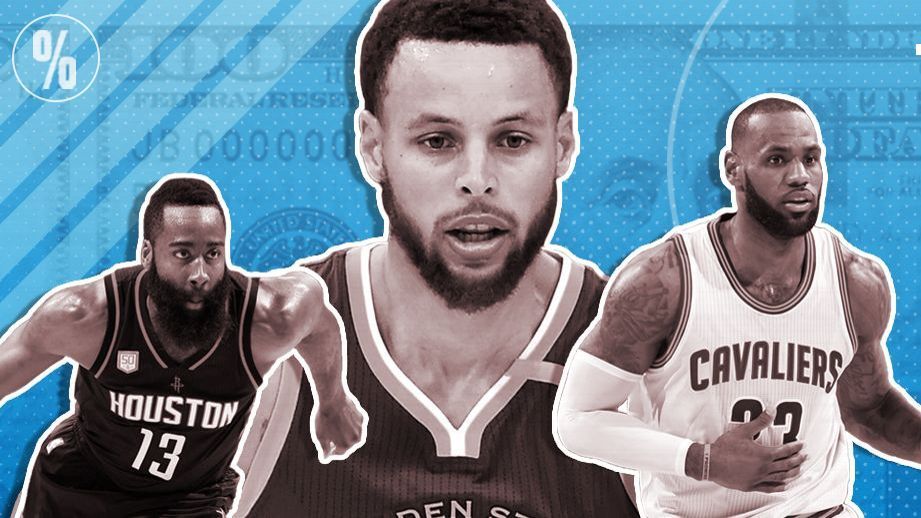BMN
Registered User
- Jun 2, 2021
- 316
- 421
It's why they pay Bettman the big bucks:Yeah, big rich teams being "forced" to pocket millions of dollars instead of giving it to players with contracts that usually turn out either bad or at best just not cost-efficient... and laying the blame for not winning championships on the cap/poor/southern teams!
It's amusing because teams with the same cap and LESS REVENUE have won Cups!
I get it, I'm a Mets fan: baseball has no cap and can spend $300m on payroll (and finish 4th, so everyone can see our incompetence!). I like flexing our financial muscle because it gives me the hope that we won't suck.
1--- Big markets that make the most money have fanbases expecting this will mean their favourute team will outspend the others to victory,
2--- Owners of said big market teams actually advocate for and get a cap, for reasons outlined in this thread,
3--- End result is those owners foregoing the obvious route to multiple championships (bury 'em with our profits) in favour of things like cost certainty and moves designed to encourage greater league popularity.
4--- Thus many "poor"/"non traditional" teams can (and do) outperform said "big market teams."
5--- Fans of big market teams..............blame Gary Bettman for "his" project(s).
It's classic rage displacement: "I'm a <insert "traditional big market team"> fan and I'm mad all the money my market's fans are spending on the team isn't making the team better but since firing the last coach/GM didn't solve the problem, I suppose it must be Gary Bettman's fault."

(EDIT: To your Mets point KevFu, this Jays fan knows his team's ownership has all the money it needs to do whatever it wants and never wants to hear the "well the AL East is tough and there are some big spenders in there" excuse ever again.....
 )
)

